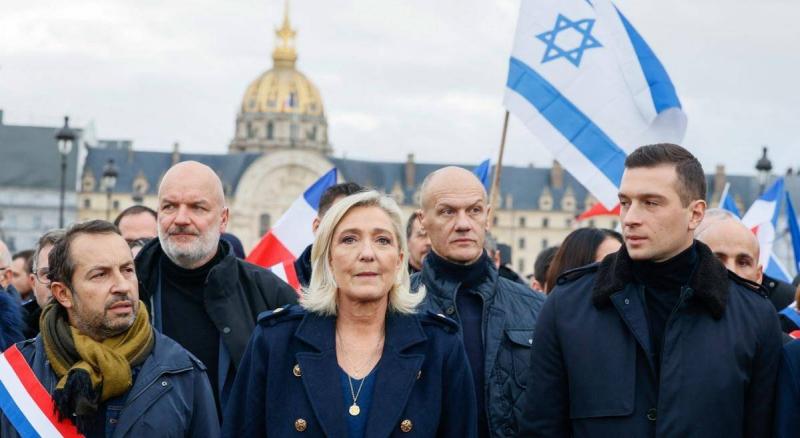The results of the European elections have reignited discussions about the political right and left, especially in Europe. The terms were born amidst the clamor of the French Revolution, where conservatives sat on the right side of the National Assembly and revolutionaries on the left. The political term gained significance after World War II and the Soviet Union's control over Eastern European countries. Liberation movements from colonialism in many third-world countries emerged, receiving support from the Eastern Bloc. Socialism was the banner raised by political forces in most newly independent countries, although its application varied from one country to another. In these new independent states, what could be termed the right was absent, as they adopted a one-party policy with no form of opposition.
Before the establishment of the European Union, Western Europe was the political and economic cradle for both wings of the right and left. The traditional European right was the force that led governance in capitalist Western Europe, allying with the United States. In Britain, the Conservative Party and the Labour Party alternated in power but maintained a distinct relationship with the United States. In both cases, capitalism was a solid foundation that was not affected by changes in the ruling party, and no communist party emerged there. In Republican Italy, the Christian Democratic Party ruled for many years, but the Communist Party had an active political presence in the opposition. Labor unions wielded significant political power. In France, the right governed, and socialists had a limited stake in governance. The French Communist Party was among the strongest communist parties in capitalist Europe, alongside the Italian Communist Party. Economics was the defining label that colored each party's political identity. Taxes, salaries, retirement policies, and services, especially education, health, and insurance, shaped electoral choices. The Soviet policies that were described as socialist had their effect on capitalist West. Joseph Stalin's repressive policies, the deteriorating economic situation in the Soviet republics, and the plight of workers had a direct reflection in Western Europe's capitalist countries, where their governments granted the working class unprecedented privileges, including regulating working hours, raising wages, and allowing labor unions to participate in economic life. All this was to counter the effects of the communist tide in European countries. The working class in the West benefited the most from the practice of communism in the Soviet Union and Eastern European countries. After the collapse of the Soviet Union, along with the entire socialist system, the right dominated in Western Europe, and socialist and revolutionary voices diminished across the world, including Europe.
In many third-world countries, what could be termed the right and left was largely absent; these countries lived under one-party rule and did not experience Western-style democracy, where one force governs and another opposes. The United States has its own political system, led by two political parties since its inception, with little competition: the Republican Party and the Democratic Party. Both parties agree on a set of national constants while differing on some specifics. The economy is the compass needle that determines the direction of voters. The electoral college is the entity that holds the decision-making power in selecting the president, and its method of selection is unique to the United States. There have been multiple occasions when a presidential candidate received the majority of the popular vote but did not win entry into the White House because the electoral college voted for their opponent. Candidates' programs for the presidency and congressional membership change, but the economy remains the strongest constant presence, particularly taxes, interest rates, and trade with other countries. Foreign policy, in most cases, does not represent a significant factor. The Republican Party is associated with conservatives, with most of its members being religious; it opposes abortion and homosexuality, advocating strict immigration policies, while Democrats adopt more flexible approaches in these matters.
Populism has emerged as an additional wave in right-wing politics and its voices, especially in the last decade of this century, leading to the rise of what is known as the far-right, which aims to solidify national identity politically, socially, and culturally. In Europe, particularly in France, the issue of immigration has become a provocative electoral topic, to the extent of considering Muslim immigrants a threat to French identity. Political populism has spread in European countries, especially in the west, but has not had the same strength in Nordic countries. In today’s world of globalization, or as philosopher Murad Wahba calls it "globality," new powers have emerged, most notably China as a major global manufacturer, along with large markets, several Latin American countries, and Gulf States, all offering different models in their political, economic, and social systems, achieving progress in various fields. The world has changed significantly thanks to education, media, and social media. There is widespread withdrawal from participation in elections, differing aspirations among new generations, and the distances between what was once known as the right and left have diminished, becoming a single migratory bird with two wings.




